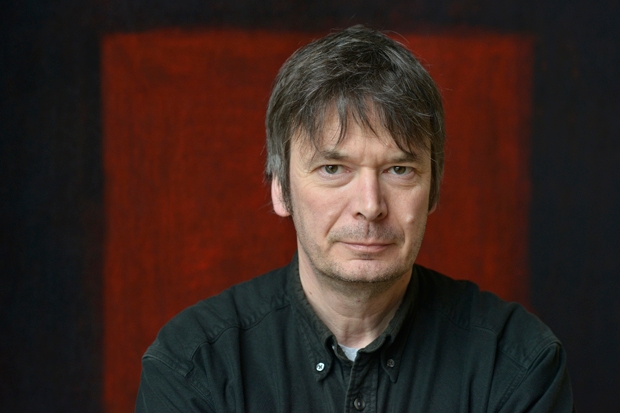After ten days away, I spent last Friday at home alone, catching up on washing, shopping for cat food, answering emails. Quotidian stuff. An early dinner with one of my sons, and I was in bed at a decent hour. Checking Twitter, I began to realise that a grim spectacle was unfolding in Paris. Soon enough, on-the-ground reportage was joined by rumour, inaccuracy and blatant misinformation. That’s the problem with ‘rolling news’ — and Twitter has become part of that industry. On the TV, the reports were more measured but far less immediate, with repetitious footage of police cars and emergency workers. Twitter was the more immersive and pulsating place to be, but I soon grew fatigued by this very fact, and by the deluge of opinions. Radio news at the midnight chimes, and then sleep.
By next morning, flowers were being left outside the French consulate in Edinburgh. I was reminded of the Charlie Hebdo killings just ten months before.

Get Britain's best politics newsletters
Register to get The Spectator's insight and opinion straight to your inbox. You can then read two free articles each week.
Already a subscriber? Log in






Comments
Join the debate for just $5 for 3 months
Be part of the conversation with other Spectator readers by getting your first three months for $5.
UNLOCK ACCESS Just $5 for 3 monthsAlready a subscriber? Log in